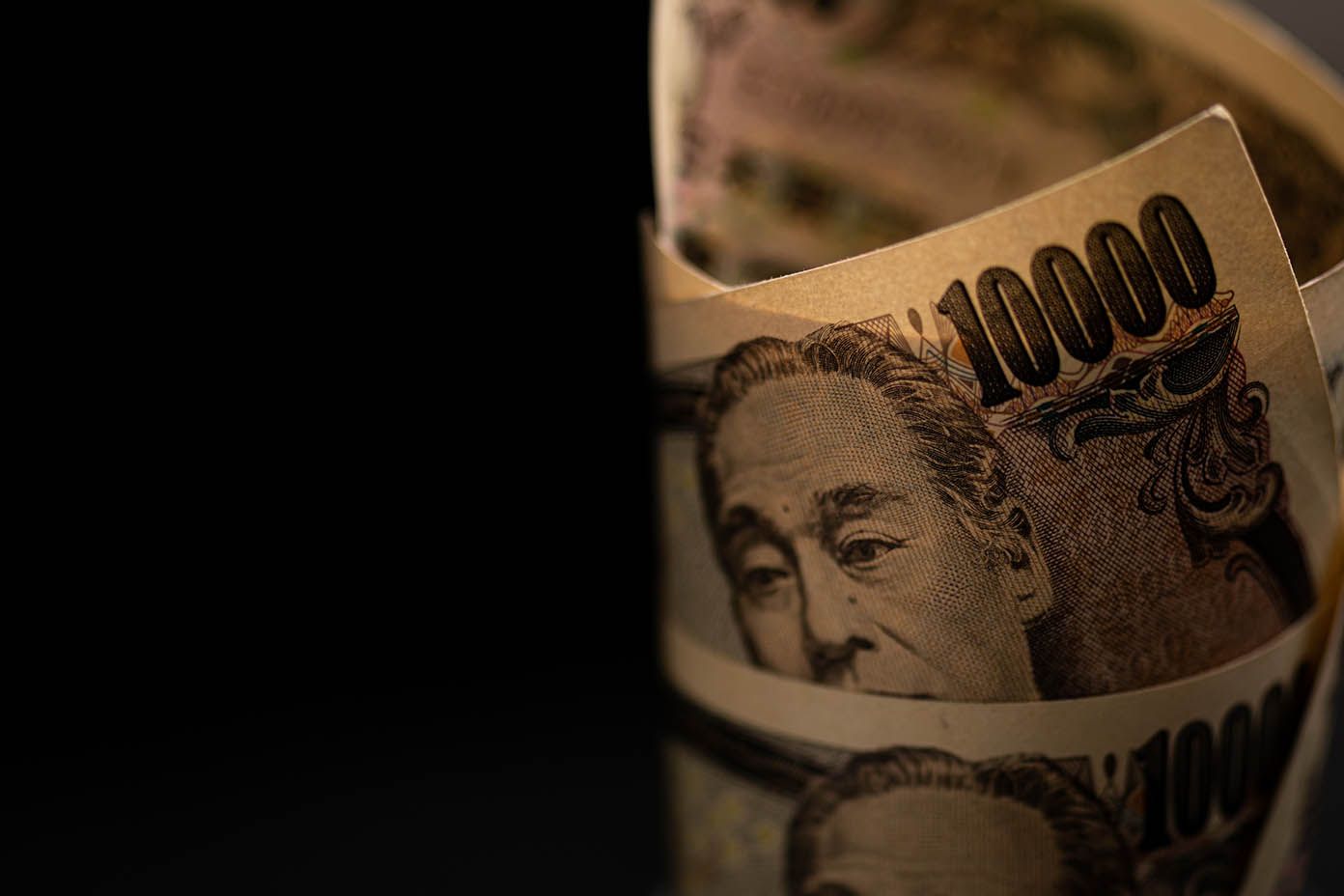|
Getting your Trinity Audio player ready...
|
American entrepreneur Arthur Hayes has sent shivers down the spines of investors with his recent analysis of the US dollar-yen exchange rate. Hayes argues this seemingly niche exchange rate is, in fact, the most crucial economic variable globally.
Why such a dramatic claim? Because, according to Hayes, fluctuations in this rate have far-reaching consequences. He predicts an alarming trend: an accelerated depreciation of the yen in the coming fall, potentially triggering major economic disruptions.
The reasons behind this prediction lie in the complex interplay between the Federal Reserve, the Bank of Japan (BOJ), and Japan’s Ministry of Finance. Hayes suggests this dynamic hints at a looming period of economic instability.
Bitcoin: Buoyancy in a Currency Storm?
Hayes offers a glimmer of hope for investors amidst this potential economic turmoil: Bitcoin. He emphasizes Bitcoin’s resilience during periods of global fiat currency depreciation, historically making it the best-performing asset in such scenarios. As the yen and other traditional currencies lose value, Bitcoin could experience significant capital inflows, driving its price to unprecedented highs – Hayes even suggests a mind-boggling $1 million mark.
This prediction is based on Bitcoin’s past performance. During previous periods of fiat currency instability, Bitcoin has consistently outperformed other assets. Recognizing this pattern, investors might flock to Bitcoin as a safe haven, further propelling its price upwards.
A Weakening Yen: Ripples Across the Geopolitical Pond
The implications of a weak yen extend far beyond Japan’s borders. Major players like China and the US would also feel the tremors. Hayes explains that a weaker yen makes Japanese exports cheaper, directly challenging China’s export dominance. This scenario could trigger a domino effect, with China potentially resorting to devaluing its own currency to remain competitive. Such tit-for-tat devaluations can disrupt global trade patterns and exacerbate tensions between economic superpowers.
Furthermore, to prevent further financial losses amidst the depreciation, the BOJ might be forced to maintain low interest rates. This, however, perpetuates the cycle of currency devaluation.
Navigating the Murky Waters: Policymakers’ Dilemma
Policymakers face a tough call in this complex economic climate. Hayes warns that the easiest and most politically expedient option – increasing the money supply to stabilize currency values – might come back to haunt them in the form of long-term inflation. He even suggests the possibility of unconventional measures, such as China potentially pegging its yuan to gold, which would radically alter global financial dynamics.
As the world grapples with these uncertain economic prospects, Hayes emphasizes the importance of closely monitoring the dollar-yen exchange rate. This, he argues, can provide valuable insights into potential market movements, particularly in the cryptocurrency sector.
So, is the dollar-yen exchange rate the canary in the global coal mine? Only time will tell. But one thing’s for sure: investors and policymakers alike would be wise to heed Hayes’ warnings and prepare for a potentially bumpy economic ride.
I’m a crypto enthusiast with a background in finance. I’m fascinated by the potential of crypto to disrupt traditional financial systems. I’m always on the lookout for new and innovative projects in the space. I believe that crypto has the potential to create a more equitable and inclusive financial system.



